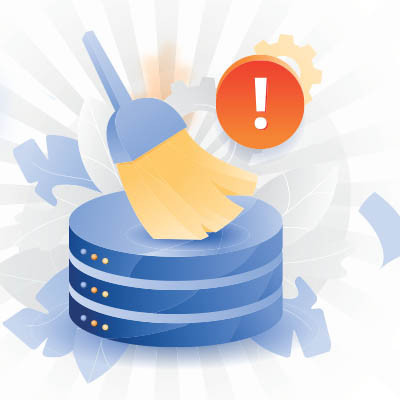Businesses are constantly seeking the best ways to utilize their data. Whether developing a business intelligence strategy, integrating artificial intelligence, or conducting simple analytics, having accurate and reliable data is crucial. Without it, insights can be misleading and costly. Therefore, understanding how to scrub or clean your data is essential. Clean data is vital for anyone involved in business intelligence or AI. Today, we will explore this topic and provide a simple guide to get you started.
Understanding Data Cleaning
Data cleaning, also known as data scrubbing, involves identifying and correcting inaccuracies and inconsistencies in your data. This process ensures that your data is accurate, complete, and ready for analysis. It is crucial because dirty data can lead to misguided decisions. Clean data is essential for:
- Improved Decision Making: Accurate analytics lead to better business decisions.
- Enhanced Efficiency: Reduces time and resources spent fixing errors down the line.
- Increased ROI: Reliable data ensures that your investments in AI and business intelligence yield positive returns.
Five Steps to Achieve Clean Data
Here are five steps to thoroughly clean your data, making it ready for integrating innovative data-driven tools:
Remove Duplicates
Duplicate entries can skew analysis. Use data cleaning tools to identify and remove duplicate records. Most data management software includes built-in functionalities for this task.
Correct Missing Data
Missing data can be problematic. In some cases, delete rows with missing data or fill them in using methods like averaging or predicting.
Format Your Data Consistently
Ensure data is consistent in format. For example, use MM/DD/YYYY for dates. Standardize labels for categorical variables, such as using "Yes" and "No" instead of "Y" and "N".
Correct Inaccuracies
Identify and correct errors in your data. This might involve validating entries against known standards or using algorithms to detect outliers.
Validate Data Quality
After cleaning your data, use data profiling tools to check its quality. Make sure the data is accurate, complete, and reliable. This will help ensure the accuracy, completeness, and reliability of your dataset.
If you want your data analytics and AI to succeed, you need to undergo proper data cleaning. Investing in data cleaning saves time and resources, leading to more accurate insights and better business decisions.
Call XFER to Get Started
Our experts have the expertise and insights to give your business the toolkits that will power its success. Call us to talk about IT topics like data warehousing, business intelligence, and artificial intelligence at 734-927-6666 / 800-GET-XFER.
![]()

